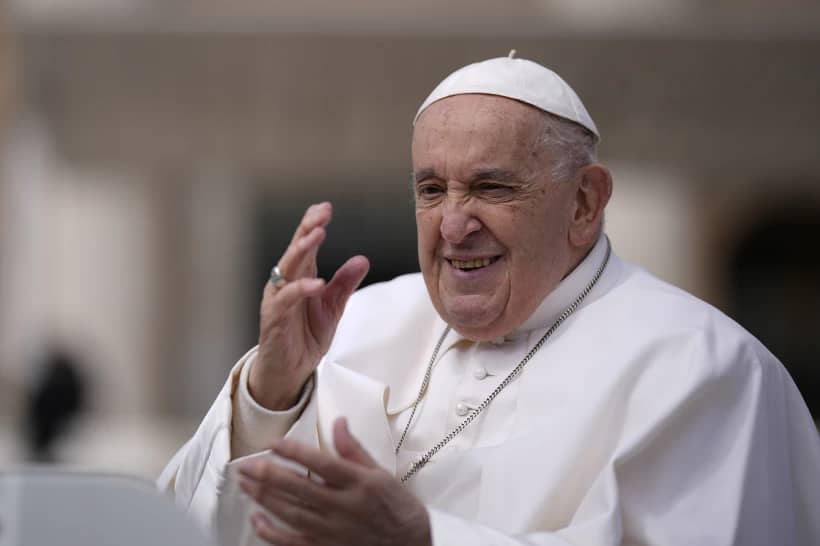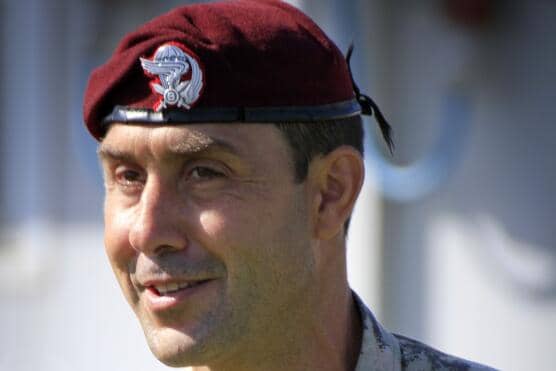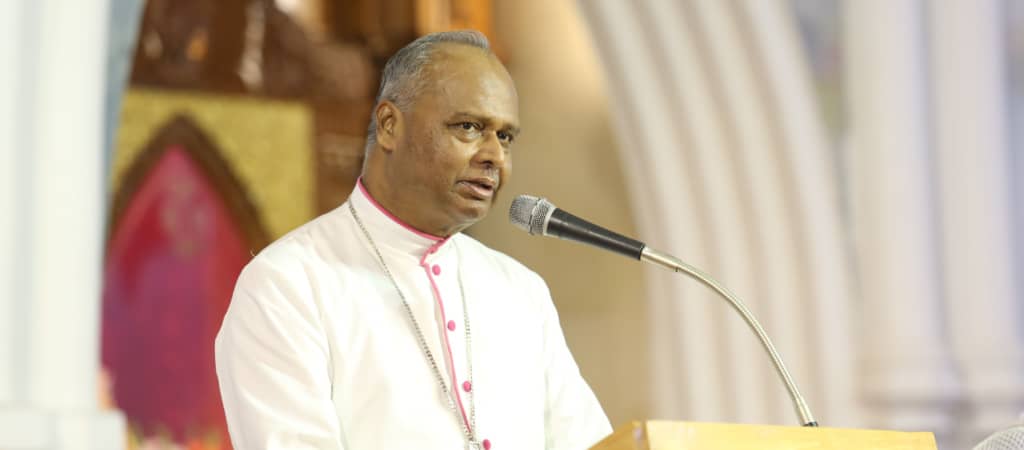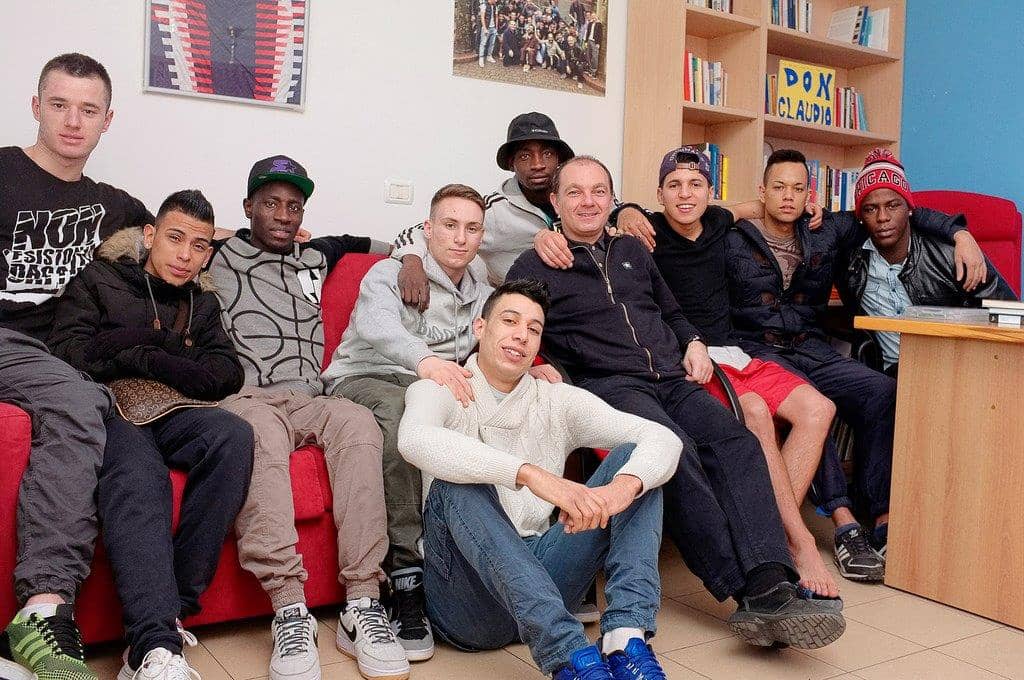Among the 157 people killed when Ethiopian Airlines flight 302 from Addis Ababa to Nairobi crashed Sunday morning were four staff members of Catholic Relief Services serving in Ethiopia.
Sara Chalachew, Getnet Alemayehu, Sintayehu Aymeku, and Mulusew Alemu were Ethiopian nationals working for the U.S.-based Catholic aid agency. They were on their way to Nairobi for a routine training session.
Catholic Relief Services – the international humanitarian agency of the U.S. bishops – has been active in Ethiopia for over 60 years.
The country was the center of a massive wave of humanitarian attention in the 1980s when a famine spurred an outpouring of support, including the hit multi-artist singles “Do They Know It’s Christmas?” and “We are the World.”
When the rock stars and other celebrities moved on to the next cause de jour, CRS stayed, seeing out Ethiopia’s various conflicts, political crises, famines, and natural disasters.
And Ethiopia is only one of more than 90 countries in which the relief agency works.
CRS is not alone. Caritas Internationalis – the worldwide Catholic federation of aid agencies to which CRS belongs – has more than 160 member agencies.
Some – including CRS, England’s CAFOD, Ireland’s Trócaire – are large international development agencies and major players in the development field; others are much smaller and focused on local needs.
They work in both countries with a strong Catholic presence and where the Church is a very small – and sometimes oppressed – minority.
One example is in Bangladesh, where the Catholic Church makes up just 0.2 percent of the Muslim-majority population, and Caritas is one of the primary aid agencies assisting the Muslim Rohingya refugees from neighboring Buddhist-majority Myanmar.
It is not only the headline-making emergencies that these Catholic aid groups tackle – although they are there during the wars, earthquakes, hurricanes, and droughts – but also helping with the less glamorous development projects that seldom show up in newspapers but are helping millions of people live better lives.
This includes improving agricultural techniques, increasing nutrition in young people to prevent stunting, and helping keep girls in school.
Thousands of people like Chalachew, Alemayehu, Aymeku, and Alemu work for these Catholic agencies around the world. The vast majority of their employees and volunteers are laypeople, and in many cases the agencies are entirely run by lay staff.
Their jobs are not often glamourous – Aymeku and Alemayehu were procurement officers, Chalachew and Alemu were accountants – but their work was indispensable for the work of CRS in Ethiopia.
“Our colleagues did an incredible job of responding to food security crises and the needs of their fellow countrymen. The future of Ethiopia is so much brighter because of the work and attitude of our team. We are blessed that these colleagues joined our organization and shared a commitment to serve despite the risks and sacrifices,” said said Sean Callahan, CRS’s CEO and president, after their deaths were confirmed.
Sometimes when reporting on the Church, we forget the very real work Catholics are doing both at home and around the world.
Clerical sexual abuse, cover-ups, and financial mismanagement are much more likely to lead the nightly newscast, and even in the Catholic press the internal maneuverings of the Vatican’s curia and the theological sparring of prelates often dominate the front pages.
These stories are big news and deserve the coverage they get. At the same time, the big story can overwhelm the big picture.
The Church’s work with the poor, the oppressed, the hungry, and the conflict-ridden often gets short shrift, especially in countries where it’s been going on for decades and ceased being “news.”
We entered this Lent immediately after a major Vatican summit on abuse, the results of which can be best described as mixed, and growing unease among many of the Church’s members.
A recent Gallup Poll found that 37 percent of U.S. Catholics – up from 22 percent in 2002 – are questioning their membership in the Church due to the abuse scandals.
At the same time, many Catholics are voting with their pocketbook and withholding donations to the Church.
Lent is the traditional time that the Church’s aid agencies make their major appeals for donations – appropriate, given the attention to prayer, fasting and almsgiving.
CRS has its annual Rice Bowl appeal (which includes recipes for Lent!) CAFOD sponsors a Fast Day (which is today) with the slogan “Let’s eat simply so others can simply eat.” The Trócaire box to collect coins during lent is a cultural icon in Catholic Ireland.
It’s unclear whether the present scandals will affect these appeals, which raise funds which are vital for these agencies’ work.
In his statement after the crash of flight 302, Callahan said CRS was “bolstered by the solidarity” the agency received from the faith-based and international development communities.
That solidarity is also needed from the ordinary faithful, and it would be a tragedy if the clerical abuse scandal stopped people from giving their support for the most hands-on charitable works of the Church.














